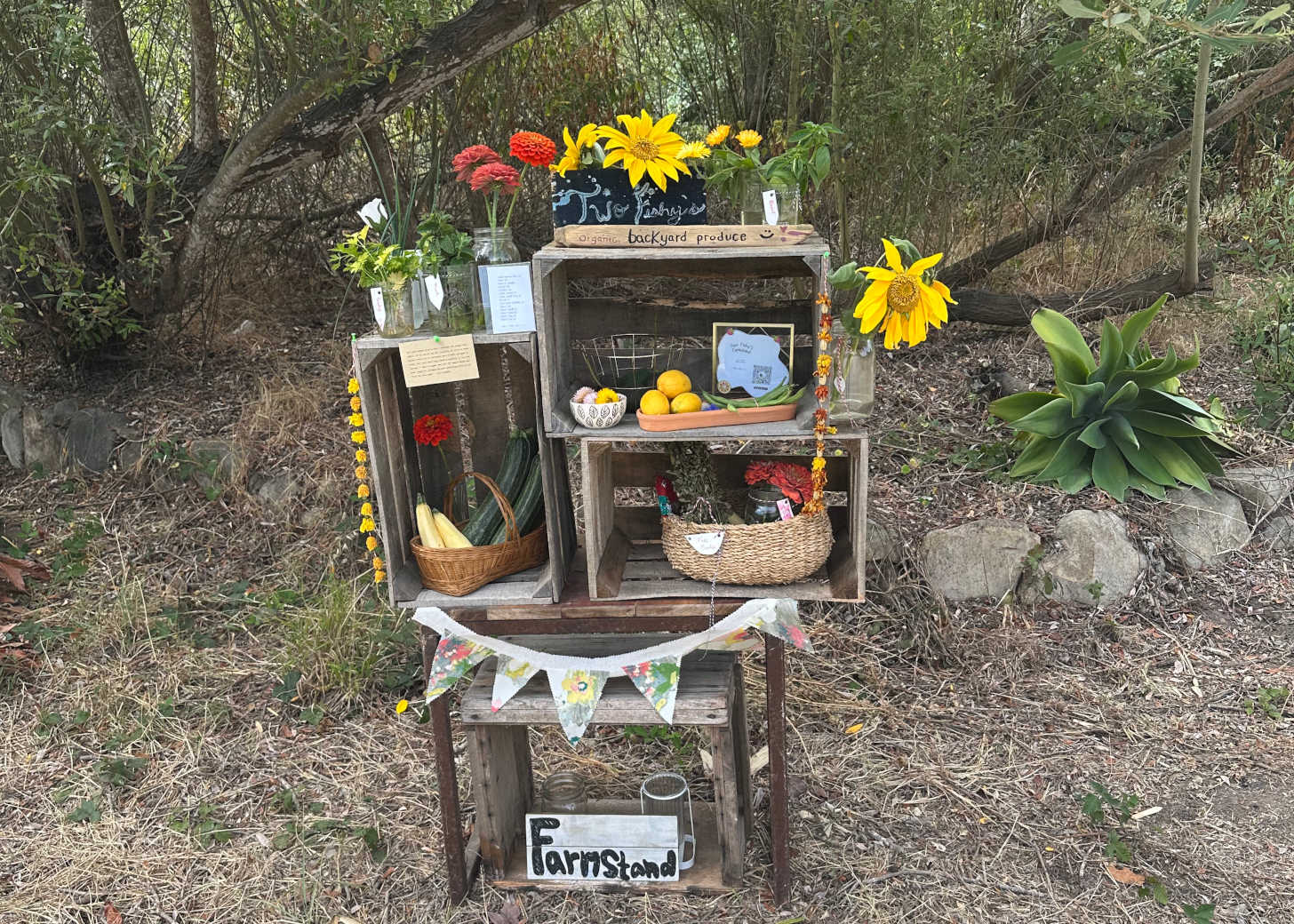Base Your Relationships On Connection Not Competition

Podcast: Download
Subscribe: Apple Podcasts | RSS
PHIL: Several lifetimes ago, I shared a house with about a dozen other people. We had a budget and took turns cooking. There were issues like when to clean, what standard of cleanliness, whether contributions should be income-related, and how much cookware was used for food preparation, leaving lots for the dishwasher to do. I was struck by the parallels between our domestic issues and larger societal questions.
Those same parallels exist in all sorts of relationships, too.
We are a social species that needs to work together to survive, but like ants or bees, we are also individuals who may not agree with the choices of the group.
There are two models of society. The individual model has an underlying view of life that is based on competition. Darwin is invoked or implied: life is a struggle for resources, and only the fittest survive. The social model sees life as an interconnected web where cooperation operates both within and between species. The flower offers nectar and is pollinated in return; our microbiome thrives by helping us digest food; the animal kingdom recycles carbon for plants to reuse.
There is truth in both descriptions. Which one you have internalized as your model depends on what you were taught and what you have absorbed from the culture.
When issues arise in your relationships, does it invoke a scarcity model? One reason for this reaction is that, as children, our parents provided for us, and when we go out into the world, we carry remnants of that expectation into relationships. That need dissipates as we discover our strengths and capabilities.
But beyond that, if we hold the view that life is a competition, every issue will be taken as a struggle for resources, whether it is who uses the car, prepares the meals, or offers affection.
Certainly, competition happens when there is a struggle for limited physical needs, but they only occur at the base of Maslow’s hierarchy. Above that, love and caring are renewable resources, and a model of cooperation will serve you much better.
This is another way of saying what we have said elsewhere, that we always see ourselves as being on the same side.
MAUDE COMMENTS: This is a wonderful example of how choice can change your world. The key is to remember that you have a choice, and learn how to know it and exercise it. Do you want to live in a world populated by enemies and those you are afraid of? Do you want to limit your world by shrinking it down to those who you think are like you?
If not, it is possible to change your viewpoint. If you change your viewpoint, the same situations can exist, and your experience of them will be totally different. People who once appeared threatening can become dear friends, or at the very least, no longer appear menacing.
There is so much more you can accomplish if you realize we are all in this together. You can have a life of greater impact and the kind of peace that comes from feeling connected to others and to the world. The possibilities for service to one another open up, and the joy from these actions can carry you through many of life’s challenges.
Photo credit: Maude Mayes
Photo note: Farm stand of free backyard produce
Read what else we have written on this topic.
Get our free weekly newsletter about how to have a harmonious relationship.
The sweetest way to live is for each of us to contribute what each can. There are cultures that teach that to their children. But in our culture it is “who is the fastest” who is the strongest” who makes the most____” Our culture sanctifies competition. Clearly in sports ,education and business we teach children to be competitive. It takes years to realize that by giving your whole self to supporting each other life becomes a gentler, kinder and amazing journey. We create communities based on shared values and connections based on shared beliefs…WE get to choose and develop this. And we find out what feels best is being surrounded by deeply supportive connections. Shine your light…give out smiles…come from that loving place…and so it shall come back to you…”The more you give, the more you get” was that the Beatles?
Iris
Your opening line immediately reminded me of Marx: “From each according to his capabilities; to each according to his needs.” (I forget which Marx, though it can’t have been Harpo.) I think competition has a place in society; it’s the mechanism by which we choose what is best to cooperate on, but as you say, it has been venerated so much that our connection to each other is dismissed as empathic weakness.
Phil